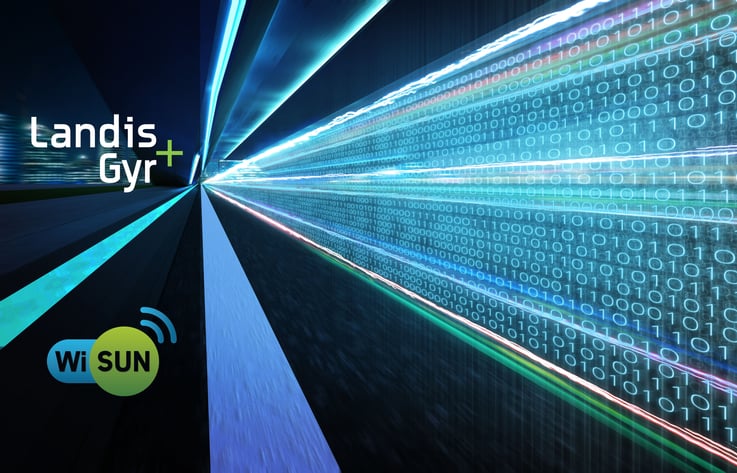
With the advance of communications technologies, smart devices, and consumer engagement, network interoperability has become a key requirement in utility IoT implementations. Interoperability unlocks numerous benefits for utilities, such as reducing supply chain risk, avoiding vendor lock-in, reducing costs, and enabling a wider ecosystem of IoT sensors and devices for multiple applications.
Unfortunately, the path to interoperability can be a long and winding road without signposts and course guidance. Many utilities are looking to the Wi-SUN Alliance for global interoperability standards to provide such guidance. The Wi-SUN Alliance has developed interoperability profiles based on IEEE and IETF standards, as well as an independent certification program. Embracing the Wi-SUN standards for planning or advancing utility IoT and smart city initiatives gives utilities the certainty of network interoperability today and ensures a path to continued interoperability to support future use cases as they develop.
To learn more about the work of the Wi-SUN Alliance and the role of Wi-SUN standards in developing edge intelligence infrastructure and applications, check out their recent blog, “Wi-Sun Alliance: Leading the Way to Interoperability.”



.png)







Leave a comment